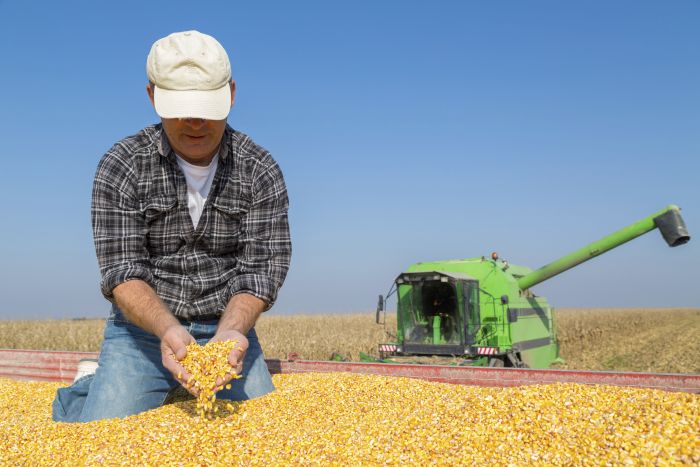
When hiring seasonal labor for your farm or business, it’s a challenge to determine how we should classify and pay for the hours worked.
With harvest right around the corner, most of us are starting to think about who we need to hire to complete all the activities that need to be done this fall. When hiring seasonal labor for your farm or business, it’s a challenge to determine how we should classify and pay for the hours worked.
I get it. It’s much easier to pay seasonal hires with a check, as if you are paying a vendor, and then simply file 1099 forms for them at the end of the year. After all, it takes effort to add them on to payroll, and if they are an independent contractor, you don’t have to pay your portion of Social Security and Medicaid taxes. There is also the concern that your unemployment tax rate might increase if, when the season is over, they file for unemployment benefits.
If the choice was ours, many of us would probably choose to classify and pay seasonal workers as 1099 contractors. But that really isn’t our choice.
WHAT’S THE DIFFERENCE?
Whether you are hiring a part-time employee to keep and maintain the grounds or a seasonal tractor operator, staying in compliance with whether to pay them as an employee or as a 1099 contractor depends significantly on a couple different questions. How much autonomy to make decisions do they have in their role? What’s their relationship with the supervisor? How much direction are they given in how to do the job? Are they supplying the tools/supplies that are needed to get the job done? Do they work just for you, or do they have several customers they provide service to?
A true independent contractor sets their own schedules, uses their own methods to complete a project, accepts tasks on a case-by-case basis, can turn down jobs, and takes on the expenses for materials and equipment needed to finish a project. The individual that we contract to mow the farm lawn is a perfect example of an independent contract. He has other customers, he uses his own equipment, and he sets his own schedule and determines for the most part how something will be mowed.
If I hired a part-time student to mow the grass and do some general labor, he would be classified as — and should be paid as — an employee. He would be taking all the direction from me, he would be using our equipment, he would be given a set time to be there, and I would be coordinating all his activities from start to finish.
GOVERNMENT-DETERMINED FACTORS
To explain this further, the government has determined certain factors to figure out whether someone is an employee or an independent contractor. These factors can be divided into three categories: financial control, behavioral control and the relationship between the worker and manager, owner, etc.
— Behavioral Control: Factors based on whether the owner has the control to direct and manage performance of the work. If a worker sets their own schedule, has their own method of finishing a project, and can turn down assignments or tasks, they are working as in independent contractor. If they are given a set schedule/assigned hours, are trained on how to complete a project, and must complete every assignment given to them by a manager, they are working as an employee.
— Financial Control: Focuses on who is paying for expenses and has control of those expenses. If the individual is providing their own machinery, tools, gas, etc., they would be more likely classified as an independent contractor.
— Relationship: The factors considered are based on if there is a contract present and the nature of the relationship. If the individual works for more than one client, can accept and turn down work, they are an independent contractor.
Next time you are looking to add to the team, consider what the appropriate classification is for the individual. There are fines and penalties for misclassifying someone as an independent contractor/1099 that should have been placed on payroll with proper taxes being accounted for.
Written by: Lori Culler, AgHires Founder/Owner
See more from the AG’s HR Coach here.





